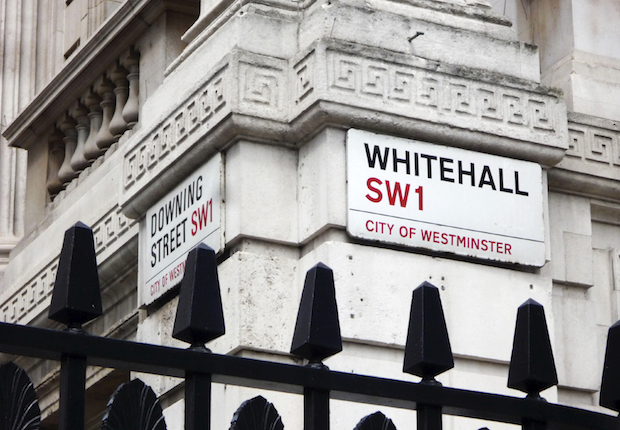
The Department for Work and Pensions (DWP) has launched a consultation on proposed policies and draft regulations that would require occupational pension schemes that offer money purchase benefits to publish transaction costs and charges information.
The consultation, which launched on 26 October 2017 and will run until 7 December 2017, seeks views on policy proposals and draft regulations for pension trustees and managers of occupational pension schemes which have money purchase benefits to publish cost and charge information so that it is accessible for members. The policy proposals and draft regulations would also require trustees and managers of occupational pension schemes with money purchase benefits to provide information about investment funds if a member requests it.
The regulations would require pension trustees and managers to publish transaction cost and charges information in line with a scheme’s annual chair’s statement and alongside the scheme’s annual reports and accounts. The published information would include the costs and charges for each default arrangement, as well as for each alternative fund option that members can select, and also feature an illustration of the compounding effect of the costs and charges affecting members’ pension savings.
The published cost and charges information would need to be published online to enable public consumption, and be published alongside the chair’s statement relating to the default investment strategy and value for members information. The regulations would require each member who receives an annual benefit statement to also be provided with a web address where cost and charges information for their specific scheme could be found.
The published information would need to be disclosed to members, beneficiaries of the pension scheme and other interested parties, for example, recognised trade unions.
In addition, the regulations would place a duty on pension trustees and managers to disclose information about how a member’s pension is invested. They would need to disclose on request the top level funds for which public information is available in which members are directly invested. Trustees and managers would also be required to disclose the fund holdings over the scheme year, preparing the information within seven months of the scheme year-end date. They must respond within two months of receiving a request for information. Members who receive an annual benefit statement would be notified that they can request this information, which focuses on the first layer of underlying funds.
The regulations propose that the existing penalty regime for pensions non-compliance should be extended to cover these regulations.
The call for evidence, which covers England, Wales and Scotland, is looking for feedback from members of occupational pension schemes, employers, consumer groups, service providers, investment managers, independent financial advisors and advisor firms, trustees and managers of pensions schemes and any interested members of the public.
Steven Cameron, pensions director at Aegon, said: “It’s important that all charges associated with pensions of all types are publicly available. We now have regulation around how to calculate fund level transaction costs, allowing this last remaining gap to be filled. As the DWP and FCA [Financial Conduct Authority] recognise, cost and charges information is particularly important and relevant to decision-makers such as trustees and IGCs.
“While some members may also take an interest, it would be counter-productive to engagement to force feed every member extensive, detailed and often complex facts and figures. The DWP is striking the right balance by proposing trustees should ensure members who do want to engage with this information know where to get it. Such information needs to be presented with a clear explanation so that people understand how to use this to make the right decisions.”
Tom McPhail, head of policy at Hargreaves Lansdown, added: “[While] full transparency was inevitable to mirror wider efforts from the [Financial Conduct Authority], the benefit of providing this data to members will be at best non-existent and at worst counterproductive. Many workplace pensions do not offer much in the way of investment choice. Members could end up being more aware of what they are paying in charges, but unless the government allows employees the opportunity to choose their own pension scheme, they will be unable to do anything about it even if they feel so inclined.
“There is a widening gap between modern day workplace pension schemes and legacy, old-fashioned pensions which are typically far higher in cost and less well managed.”